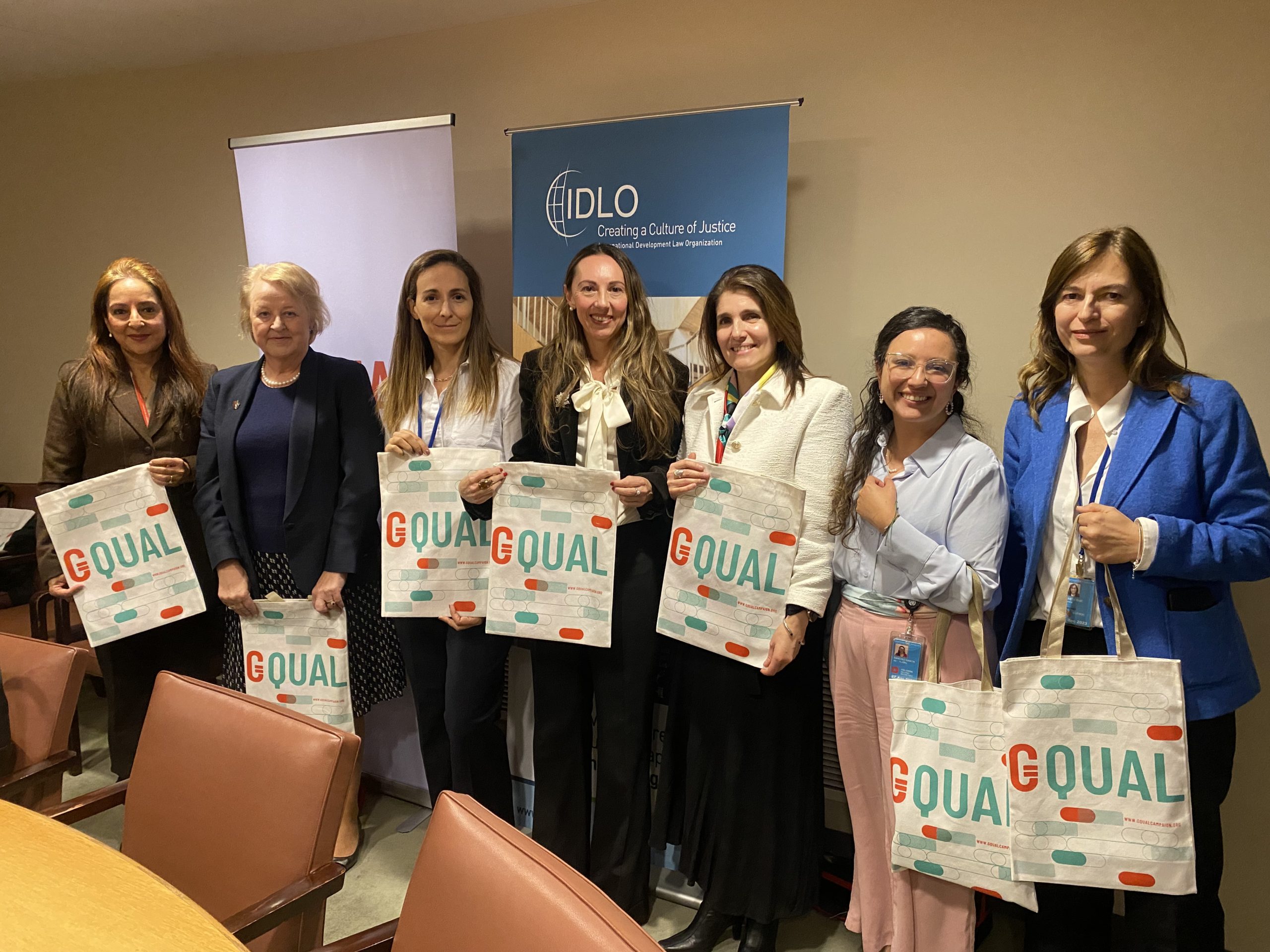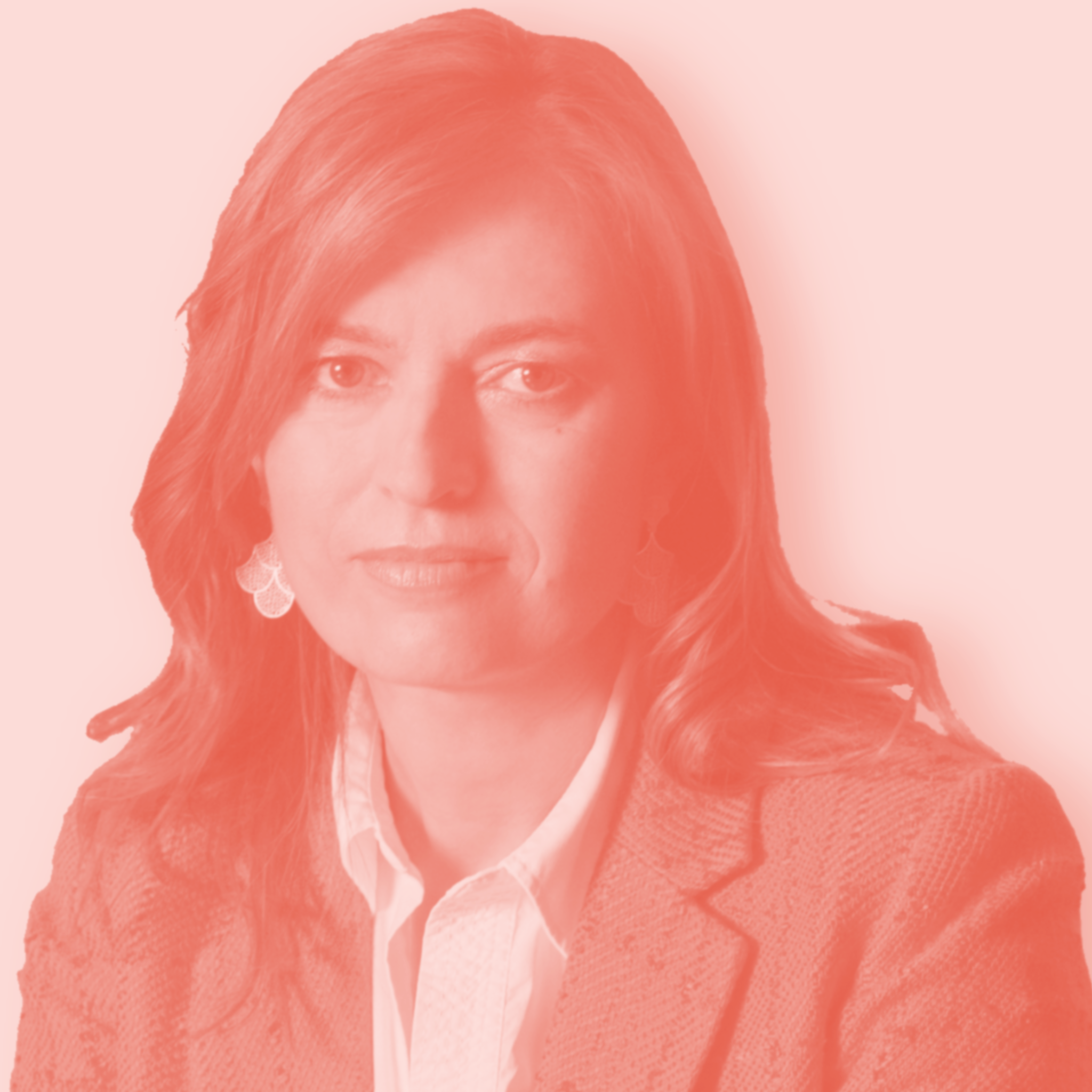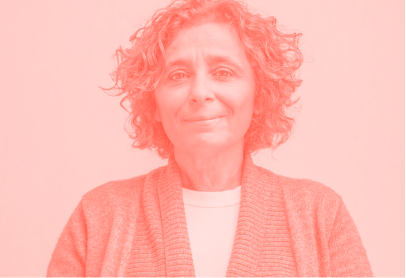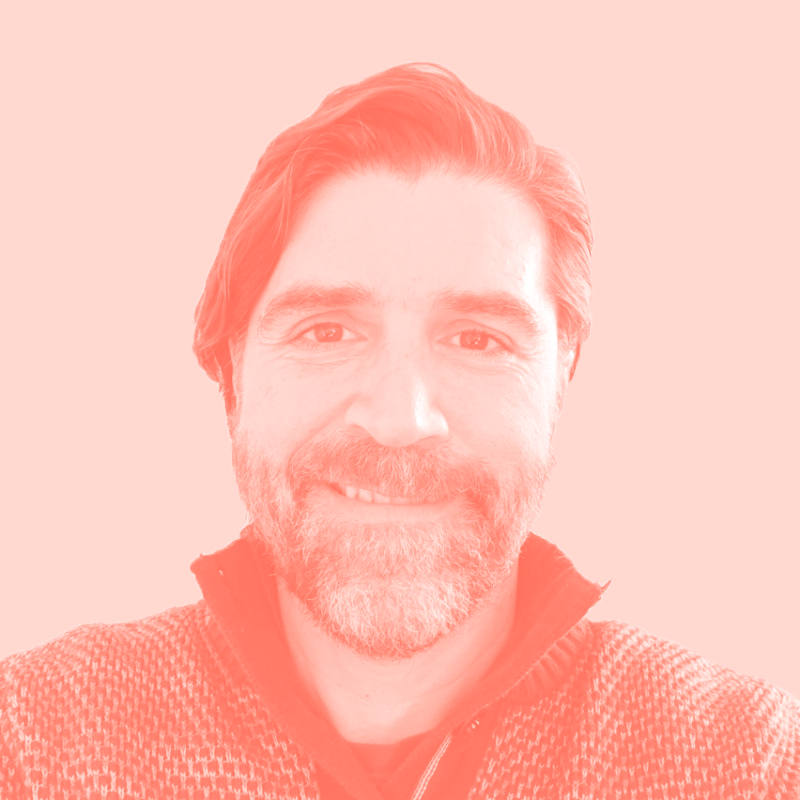Our core strategies are developed in our launching paper.
1.RAISE AWARENESS AND MOBILIZE CHANGE
We believe that institutional changes require a critical mass of actors contributing to the discussion through different strategies, including producing information and research, making proposals and policies, litigating, advocating, etc. The convergence of these strategies escalates the impact that each actor can have separately and is the key to sustaining changes over time.
The changes we seek require the active collaboration of a broad group of actors, including State representatives, diplomatic corps, members of international organizations and bodies, civil society, judges, lawyers, academics, journalists, and others. Our strategies intend to build bridges among these actors and act as a platform for collective action.
What we do:
- Produce and share new data, analysis, information, and research: We monitor and track women’s participation in 103 international bodies and mechanisms related to international justice and generate research and discussions on the obstacles for women’s equal and inclusive participation and the possible solutions to overcome them. Check out our section on data, community, and research for more information.
- Alert on available vacancies: We generate timely alerts on available vacancies in the international bodies and mechanisms that we monitor and disseminate them broadly. Check out our section on available vacancies for more information.
- Promote events and discussions: We believe in thinking collectively and learning from others. From our international conference in The Hague in 2017 to our expert meeting with the CEDAW Committee in 2023 to inform the drafting process of General Recommendation 40, we are always partnering with allies to amplify and further the discussion on women’s equal and inclusive participation in international decision-making spaces.
- Lead advocacy campaigns with allies: We mobilize our network around specific calls to action whenever appointments take place in critical spaces where women are underrepresented. Learn more about our Calls to Action.
2.FOSTER NATIONAL SELECTION AND VOTING PROCESSES AND POLICIES THAT PROMOTE GENDER PARITY IN INTERNATIONAL APPOINTMENTS.
By nominating and voting, States play a key role in deciding the composition of international bodies related to international justice. The selection processes that States carry out for these appointments, however, represent one of the main obstacles for women’s equal access to international positions. This is because they often lack transparency, participation opportunities, and due consideration to gender parity as a selection criterion.
We believe it is States international obligation to ensure women’s equal access to international representation, including by developing policies and procedures at the national and international level that promote gender parity. To that aim, GQUAL works with partners at the local level and promotes the development of guidelines at the international level to push for the adoption of national selection and voting policies and procedures that consider gender parity as a specific criterion.
By helping to change some individual State’s processes and policies for selecting and voting for candidates, we believe that gender balance should improve as a result. This could, in turn, generate a domino effect motivating other States and institutions to act.
3.ACHIEVE CHANGES IN THE NORMATIVE FRAMEWORK OF INTERNATIONAL INSTITUTIONS THAT PROMOTE GENDER PARITY AND REPRESENTATION AS A MEASURE OF EQUALITY AND A CRITERION FOR THE SELECTION OF CANDIDATES
Gender parity is not only important for legitimacy and impact, but also a corollary and the measure for women’s right to equal and inclusive participation in decision making and leadership. Achieving gender parity in international representation requires strengthening the protection of this human right. GQUAL promotes the development of the scope and definition of this human right by international and national actors. As examples, find out more about our work the CEDAW Committee and the UN Working Group on Discrimination against women and girls.
At the same time, we believe that international human rights standards and the impact that gender equality has on legitimacy and impact of international bodies should move international organizations and bodies to adopt measures to ensure gender parity in the selection processes at the international level. Thus, we coordinate advocacy efforts and promote proposals for the development of guidelines and commitments. Our work has led to resolutions from the Human Rights Council and the OAS General Assembly addressing gender balance on international bodies for the first time, and the adoption of roadmaps to achieve gender parity by the UN HRC Advisory Committee and the OAS Commission on Women.














